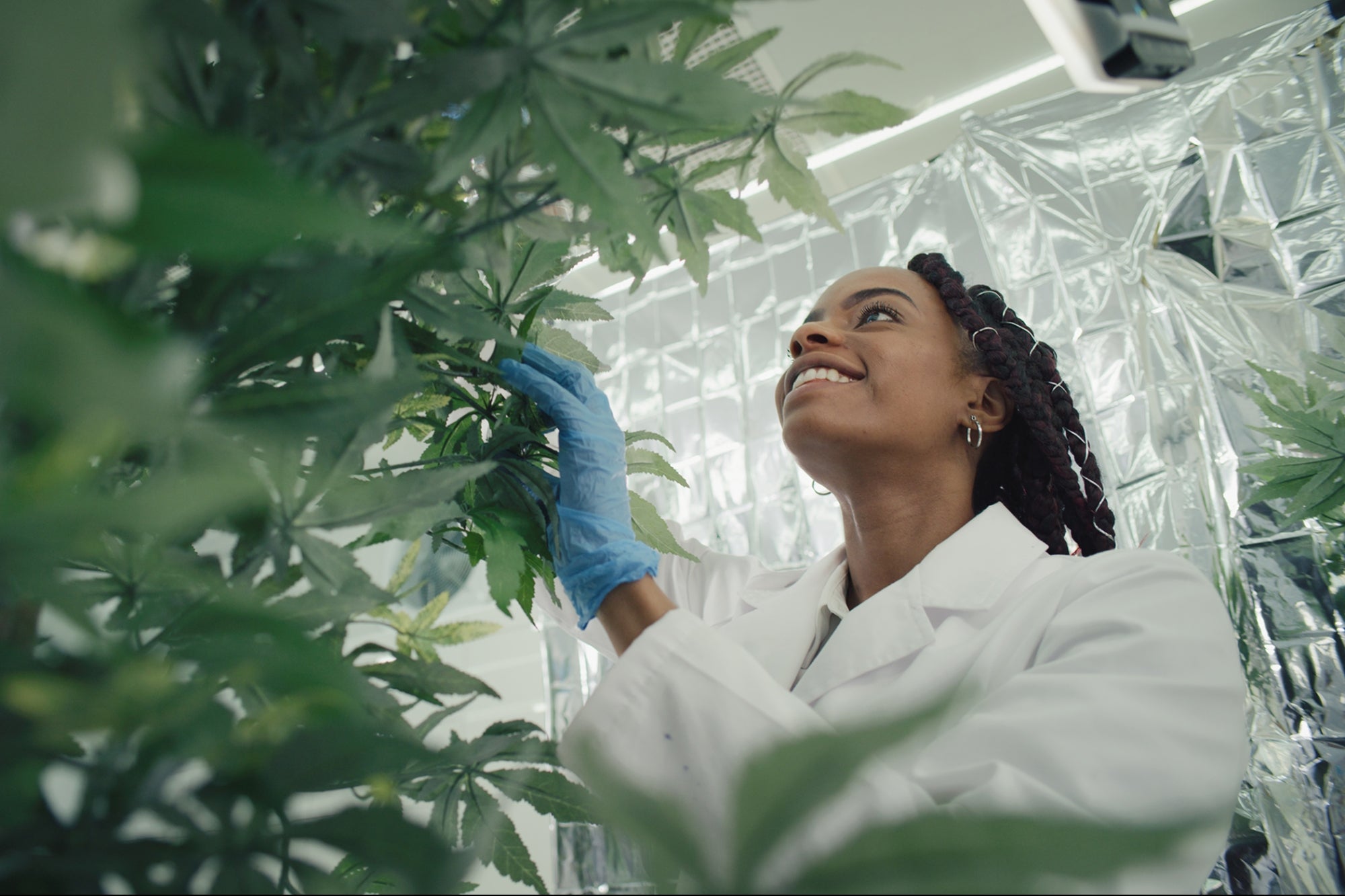
Opinions expressed by Entrepreneur contributors are their own.
The decades-long iron grip that the University of Mississippi has had on the production of cannabis for use in U.S. research has officially ended. Groff North America is the first of four companies to start making high-quality cannabis for research.
Based in York County, Pennsylvania, the company recently brought the first legal cannabis crop to market for use by U.S. scientific research. Up until this year, the university had the only license with the federal government to grow cannabis for research at its Research Institute of Pharmaceutical Sciences (RIPS). It’s an arrangement that’s been in place since 1968.
Researchers considered the University of Mississippi cannabis extremely low-grade, not close in quality to the cannabis people can buy in dispensaries. Some researchers sued the federal government in 2019, asking officials to grant private businesses the opportunity to grow cannabis for research.
That eventually happened over a lengthy process that saw the Drug Enforcement Administration solicit proposals from companies to grow weed for cannabis research and then spend years vetting the applicants. Groff North American emerged as one of the companies to win a contract from the federal government to grow research cannabis.
“For the first time, real-world marijuana will be available to researchers throughout the country,” Dr. Steven Groff, founder and chief medical officer of Groff North America, told Pittsburgh NPR. “We’re working with some of the top institutions in America in providing new types of material that heretofore wasn’t available from Mississippi.”
RELATED: DEA Ends Federal Monopoly on Research Cannabis Production After More Than 50 Years
Three other companies will also grow research marijuana
The lack of quality research on cannabis led to other countries taking the lead over the United States in cannabis research. Israel, which has been a frontrunner in marijuana research for decades, has been the go-to source for cannabis research and Canada and countries in Europe.
That should change with Groff and the three other companies that signed agreements to grow cannabis for research: New Mexico-based Bright Green Corp., Arizona-based Scottsdale Research Institute, and California-based Biopharmaceutical Research Co.
Getting the federal government to award the contracts has been a long, tough road. Complicating the issue is that the U.S. government still considers marijuana a Schedule I illegal drug on par with cocaine and heroin, even with many states legalizing cannabis. As of April 2022, 18 states have legalized cannabis for recreational use, while 38 states have legalized it for medical use.
RELATED: New Bill Allows Scientists to Access Research Marijuana From Dispensaries
A need for more study
In his interview with NPR, Groff said the widespread legalization of cannabis at the state level is driving the need for more research into the potential uses of cannabis in the medical field.
Studies have already looked at the potential for cannabis and CBD in treating pain, sleep disorders, anxiety, depression, and PTSD, among other diseases and conditions. Groff said studies also could expand beyond cannabis flower to include vaping and oil products that are part of the medical marijuana market.
“The horse has left the barn, and America has decided it wants access to cannabis in one way or another. The [federal] government needs to really catch up as does the scientific community,” he said.
The DEA spent 20 months running background checks, inspections, and checking paperwork on Groff before permitting them to grow research marijuana. They also required strong security measures and administrative safeguards.
To stay up to date on the latest marijuana-related news, make sure to like dispensaries.com on Facebook.







